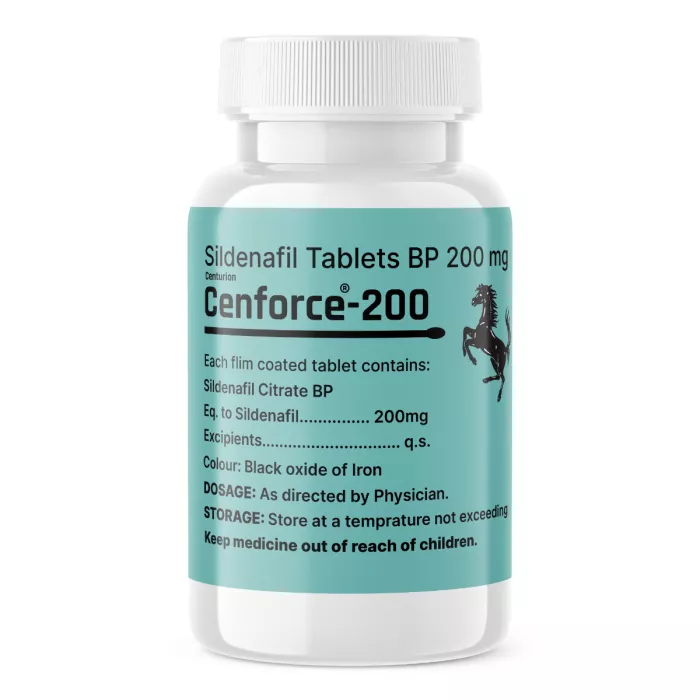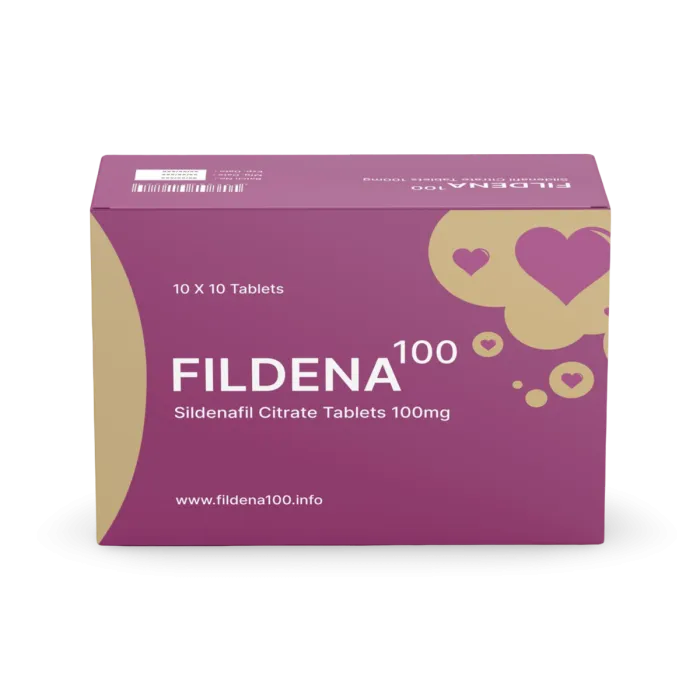One common sex problem among men, or those assigned male at birth (AMAB), is Erectile Dysfunction (ED).
The inability to get or maintain a hard erection for sexual activity is known as Erectile Dysfunction.
Men may experience ED at any age, a significant correlation exists between a person’s age and their likelihood of having trouble getting hard.
This article covers all your answers regarding aging and Erectile Dysfunction, from how your risk changes with age to at what age does a man stop getting hard.
Age and Erectile Dysfunction: The Basics
As people age, their testosterone levels decline, which makes Erectile Dysfunction (ED) more common. Age is actually the factor that has the strongest correlation with ED.
ED seems to increase in prevalence as men age, much like other medical conditions do.
This is because numerous medical conditions that affect your ability to get an erection are typically present during your 40s, 50s, and 60s.
Consult a doctor if you’ve begun to experience Erectile Dysfunction symptoms.
Various things, including psychological conditions like sexual performance anxiety, can cause Erectile Dysfunction in younger men.
ED can often be treatable, regardless of your age. Phosphodiesterase 5 inhibitors (PDE5), which boost blood flow, can be used to treat Erectile Dysfunction.
Erectile Dysfunction medications like Viagra and Cialis aid in getting an erection.
Save up to 90% on your medicine bills

Cenforce 200 mg

Kamagra Oral Jelly Rx 100 mg

Fildena 100 mg

Vidalista 60 mg
At what age does a man stop getting hard
Age is one of the factors most closely associated with Erectile Dysfunction.
According to the Massachusetts Male Aging Study, Fifty-two percent of men had limited, moderate, or complete Erectile Dysfunction.
You run a higher risk of getting ED as you age. After age 70, Erectile Dysfunction becomes a persistent problem, with a prevalence rate between 50 and 100 percent in this age range.
According to a study, It has been determined that Erectile Dysfunction (ED) is the most common sexual problem that primarily affects males over the age of 40.
It’s important to understand that the ability to achieve and maintain an erection can vary among individuals, and there is no specific age at which all men universally stop getting erections.
As men age, it is common for some changes to occur in erectile function.
Factors such as hormonal changes, decreased blood flow, and the natural aging process can affect erectile function to some degree.
Age alone does not determine your chance of developing Erectile Dysfunction.
Other factors, like Diabetes and Hypertension (high blood pressure), can also cause ED.
According to another research, 5.1% of men with Diabetes and Hypertension in their 20s and 30s experience Erectile Dysfunction.
Factors contributing to Erectile Dysfunction
Various health-related issues, including prescription sedatives, antidepressants can cause Erectile Dysfunction.
Medications for Ulcers, Anxiety, Depression and Diabetes can also be a problem for getting and maintaining an erection.
Physical factors like high blood pressure, low Testosterone levels, Diabetes, etc., can contribute to Erectile Dysfunction
Smoking, excessive alcohol consumption, and drug abuse can also lead to ED.
Psychological factors like Anxiety, Depression, relationship problems, and past traumatic experiences can have long-lasting effects on sexual function.
Getting support from medical experts and taking care of any underlying health issues can also be helpful.
Medications for Erectile Dysfunction
Your doctor may prescribe medication that keeps your erection strong by boosting blood flow to your penis.
It’s common practice to provide medications for ED.
ED medications including Sildenafil, Tadalafil, Vardenafil, and Avanafil are often prescribed to treat this condition.
Conclusion
It is common for some changes to occur in erectile function as men age.
Factors such as hormonal changes, decreased blood flow, and the natural aging process can affect erectile function to some degree.
Each person’s ability to get and keep an erection is different, and there is no set age after which all men stop getting erections.
Various health-related issues, including prescription sedatives, Antidepressants, medications for Ulcers, Anxiety, and Depression, may cause Erectile Dysfunction.
Lifestyle choices, such as being sedentary, smoking, or consuming excessive alcohol, can also cause ED.
A healthier diet, practicing ED exercises, and medications may help treat erection loss.

Frequently Asked Questions
What does ‘stop getting hard’ mean for a man?
“Stop getting hard” refers to Erectile Dysfunction (ED), a loss in a man’s capacity to obtain and sustain an erection—the inability to get an erection or keep it long enough to engage in sexual activity. Buy Now
What factors contribute to Erectile Dysfunction in older men?
Reduced blood flow to the penis, hormonal changes (such as lower testosterone levels), certain medical conditions (such as Diabetes, high blood pressure, or heart disease), medications can hinder in getting and maintaining an erection.
Lifestyle factors (such as smoking, binge drinking, or obesity) are common physical factors in older men that contribute to ED.
ED can also be influenced psychologically by stress, sadness, or relationship problems. Buy Now
Are there medical treatments available for Erectile Dysfunction?
Is Erectile Dysfunction a regular aspect of getting older?
While it is true that the prevalence of Erectile Dysfunction tends to increase with age, it is not an inevitable or natural part of the aging process.
Erectile Dysfunction often results from age-related changes and other contributing factors, such as underlying health conditions or lifestyle choices. Buy Now
At what age does a man typically stop getting hard?
There is no specific age at which men stop getting hard. It can affect a man at any stage, but it is most common in men 40 and older. Buy Now
Cheap Medicine Shop only refers to credible, authoritative sources for our content. If you’re curious about how we ensure the integrity of our content, we encourage you to read our Content Information Policy.














